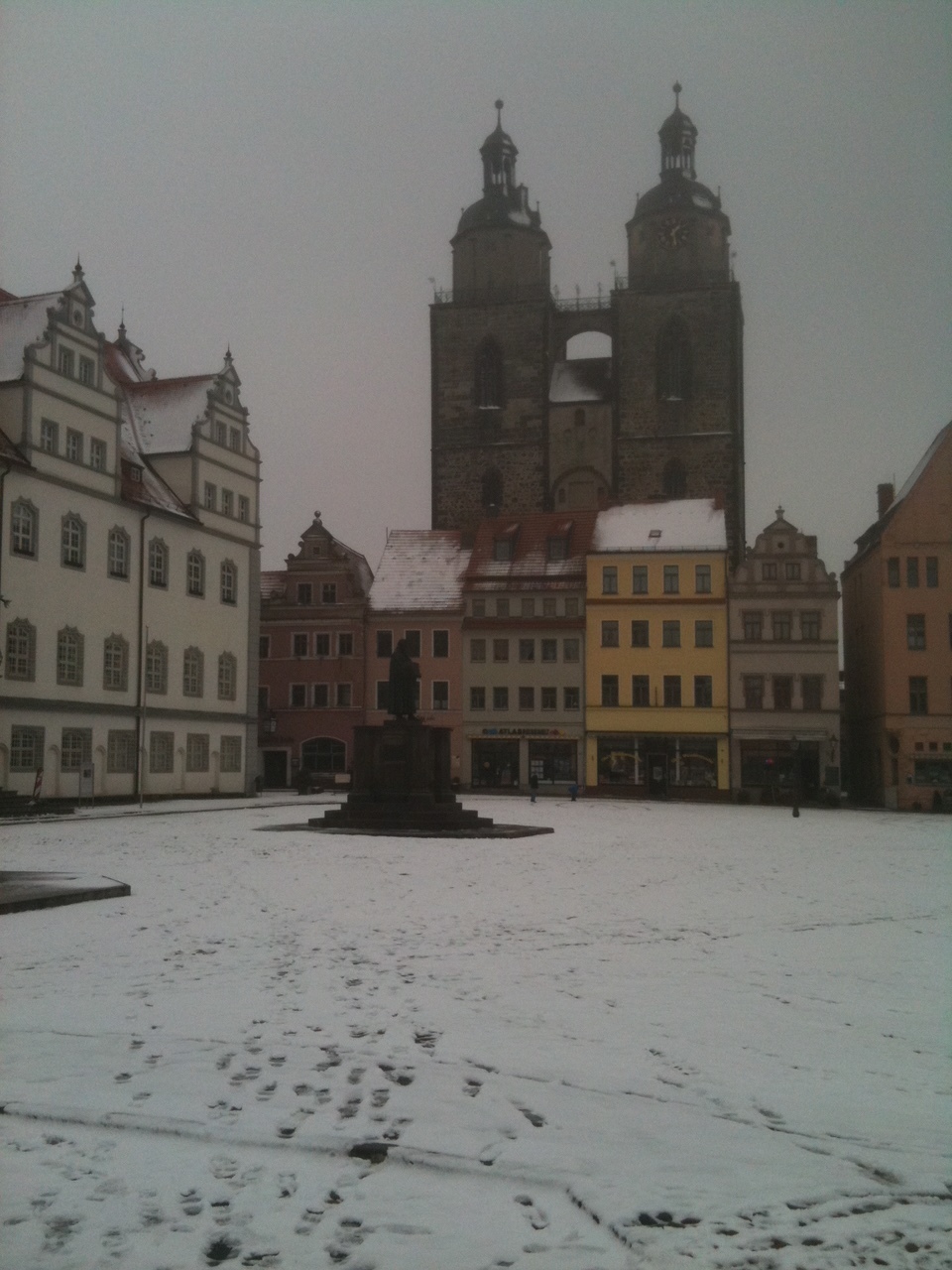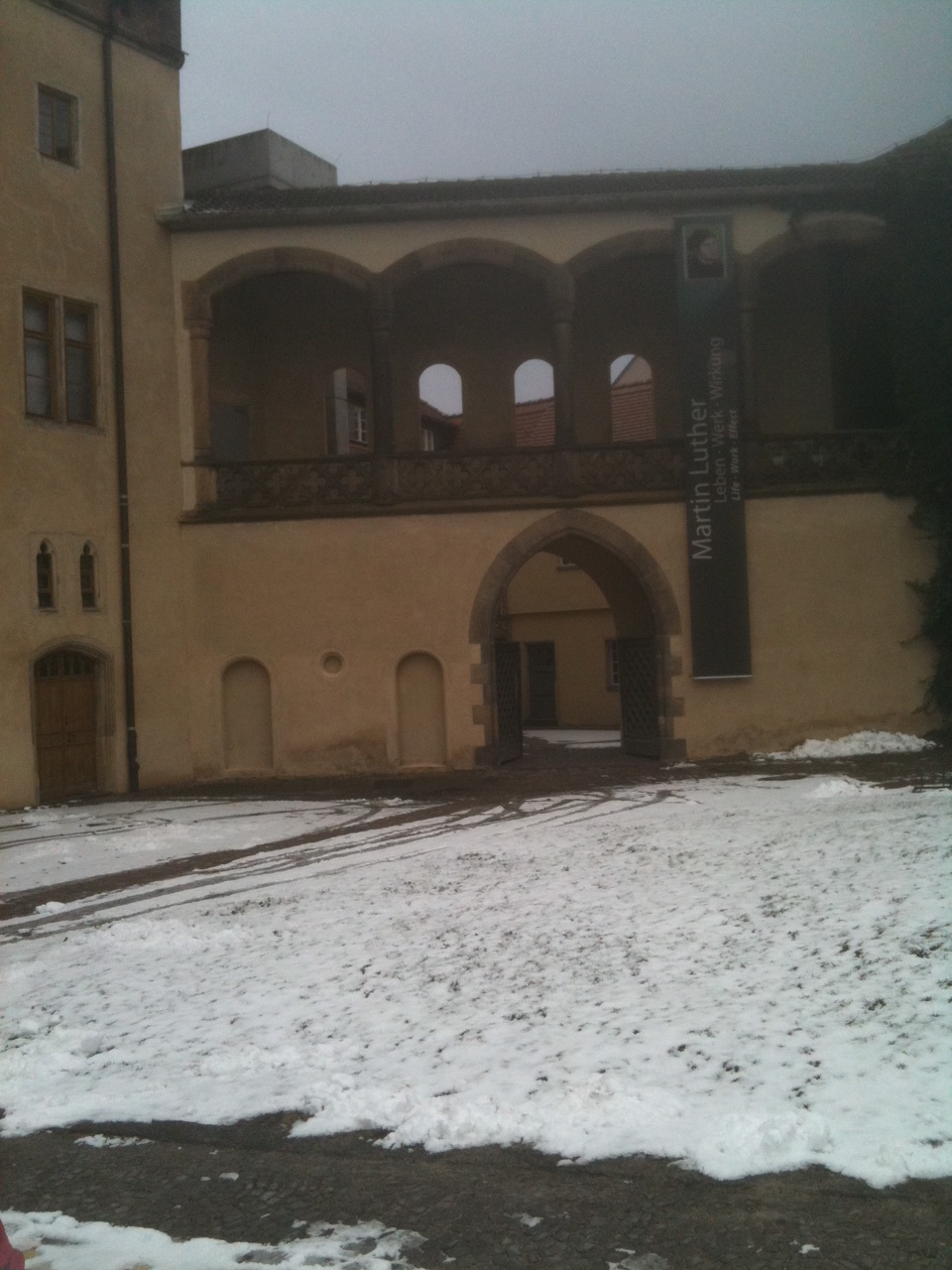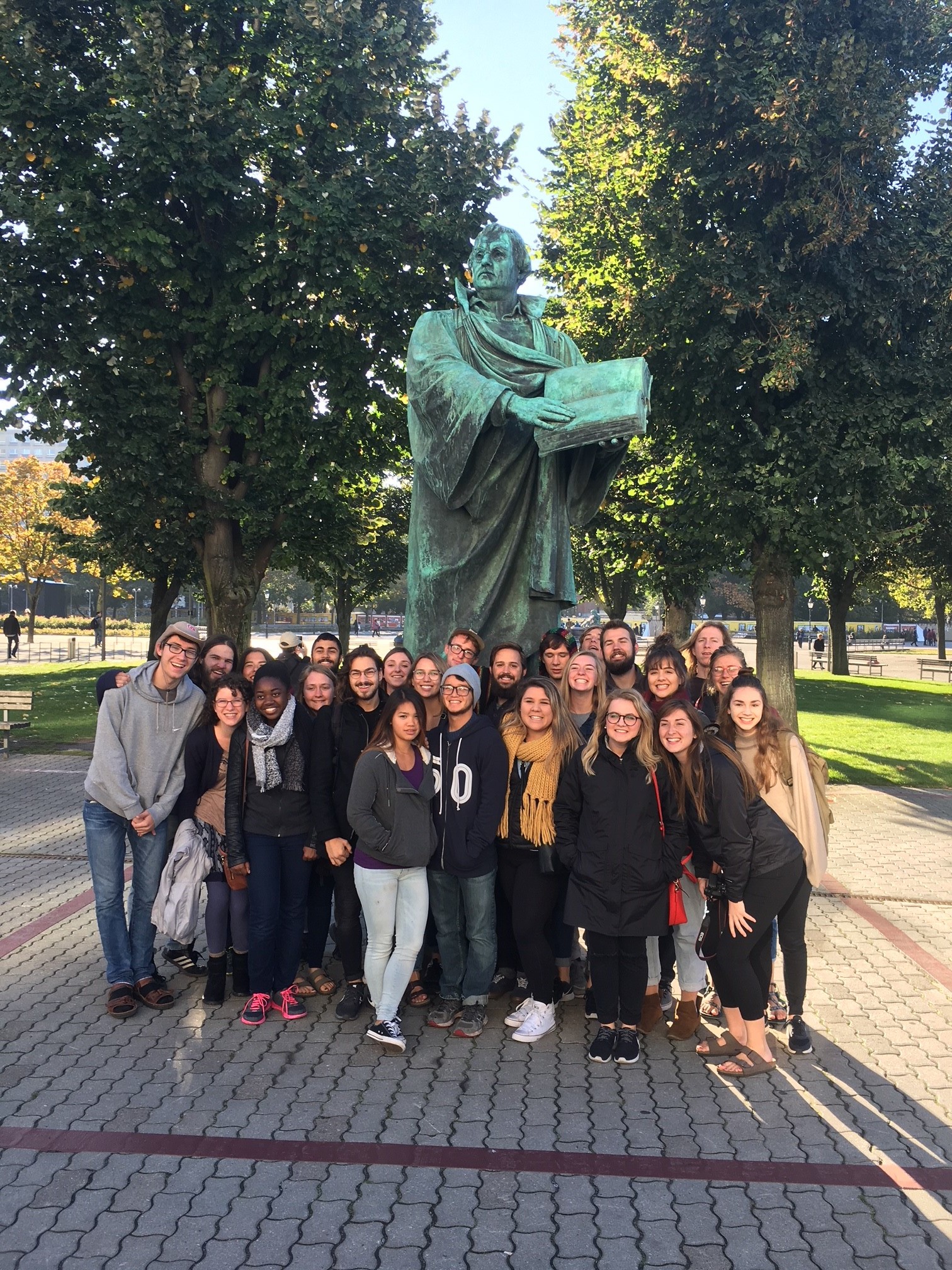Being David's Dad by Ash
Ash and Katrina discover God’s goodness and grace in unexpected ways.
The year 2017 was supposed to be our year of stability. For the first time since 2012, we would live in the same home, with the same daily routines and responsibilities as the previous year, without any major life transitions. Sure, we had given birth to a new child at the end of 2016, but he was our fourth in five years, so we chalked that up as standard. Little did we know that our first year with David would be anything but standard.
About two months after his birth in Indonesia, my wife, Katrina, noticed that David was not as active and responsive as our first three kids had been. David was soon diagnosed with hydrocephalus. That means that he had too much cerebral spinal fluid in his head. The pressure builds up and causes problems for his brain and other important things. Katrina and three-month-old David flew to Singapore for his first brain surgery to help him drain the fluid properly in February. By late April he needed another operation. Patients are most likely to have problems in the first six months following each operation. Having seen what that was like, we decided we needed to be closer to a hospital and family during that time. As soon as David was able to fly, we packed up our home and said goodbye to our friends in Indonesia and moved to California. In June, David was hospitalized again, this time for a dangerous infection. During that week, a team of neurologists diagnosed what we thought was frequent stretching as seizure activity. Multiple doctors also confirmed that any vision David may have is not useful to him. In September, David had two more brain surgeries. His first birthday was November 17 and he has yet to make it three months without a hospitalization.
Through all of this God has been so gracious to us. He has given us access to some of the best doctors in the world, all of whom admit freely that they cannot predict much of anything about David’s future. They cannot tell us if David will ever be able to walk, talk or see. This has led us to lean even more on our God who knows all things, can do all things and loves us and David more than we can imagine. We knew that David was a gift to us from God (Psalm 127:3) before we learned about his hydrocephalus. That has not changed. We also know that God does not give us bad gifts (Luke 11:7-11).
God is teaching us that the same faith and perspective that strengthened us before this tragedy will give us the strength we need to face this journey. He has challenged and taught us about prayer—do we pray out of selfish desire or out of a desire to see him glorified? We would love to see David healed completely and we know that God is capable of healing him today. But we also know that he is not obligated to do so.
A few weeks before Easter, while we were still in Indonesia, I was asked to preach at one of the churches we serve there. I was led to preach on John 11—Jesus raising Lazarus. It is a rich passage filled with powerful emotions and statements, not only from Jesus but also from his friends. It has continued to speak to my heart through the highs and lows of this year. There are times when I feel like Martha and Mary and want to ask Jesus how he could allow this to happen. In those moments I am comforted by Jesus’ message throughout the chapter that he knew what was best for his friends; and that he would be revealed and glorified through it. I am also reminded that our hope is not ultimately tied to this life. Yes, Jesus raised Lazarus to life, but eventually Lazarus died again. The miracle of Lazarus’ resurrection points us forward to Jesus’ own death and resurrection, by which he defeated sin, death and the grave, and through which we receive eternal life. Our hope is not in an easy, pain free life in this world here and now, but in the ultimate resurrection of all who believe in him.
That eternal perspective can also be seen in Paul’s response to persecution and suffering in his own life. While our situation doesn’t directly compare to Paul’s, we still glean from his focus on eternity in the midst of it. In 2 Corinthians 4:16-18 he says, So we do not lose heart. Though our outer self is wasting away, our inner self is being renewed day by day. For this light momentary affliction is preparing for us an eternal weight of glory beyond all comparison, as we look not to the things that are seen, but to the things that are unseen. For the things that are seen are transient, but the things that are unseen are eternal.
The specifics of our situation may be different, but the principle still stands true. It is hard to see our child go through so much pain and to struggle so much with basic life skills. It is hard to live each day not knowing when or if he will need another emergency surgery. It is hard to be separated from the people we love and with whom we serve for the sake of the gospel in Indonesia, without knowing when or if we can return to our home there. We do not know what God has planned for our family. Whatever it is, he does not promise us that it will be easy. In fact, he promises both difficulty in life and peace in his victory (John 16:33). Ultimately, living our lives for his glory is worth far more than whatever hardships we face (1 Peter 1:3-9).
So, while we continue to pray for miraculous healing for David, we pray first and foremost that David will know Jesus, the giver of eternal life that will be free of pain and suffering, and will make him known to others. We pray that God will use David’s life in whatever way will bring him the most glory. We pray that we will glorify God in how we raise and care for David and his sisters. We pray that he will continue to lead and direct our whole family, and that he will give us strength for the journey—wherever it leads. As we come to the end of a tumultuous 2017, we look forward to a new year filled with uncertainty and hope. A teammate of ours in Indonesia is fond of saying, “I may not know what the future holds, but I know who holds the future.” Amen!






